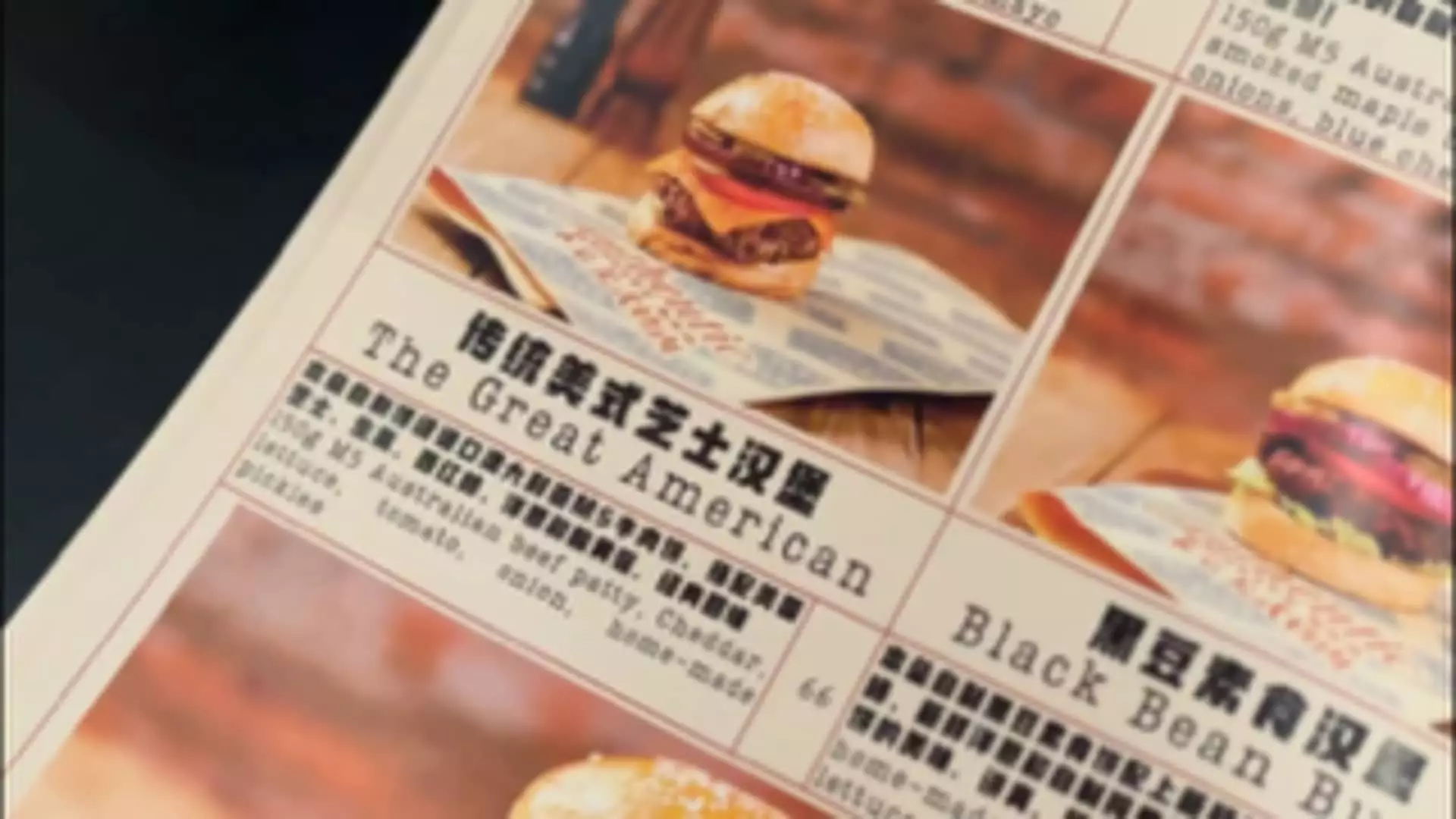In a narrative that reflects the simmering tensions between major global powers, the tale of Geng Xiaoyun, a restaurateur in Beijing, poignantly illustrates how political disputes can alter aspects of daily life. Once able to share an indispensable Chinese delicacy—salt-baked chicken feet, or “phoenix talons”—imported from the America, Geng has found himself in a predicament caused by rising tariffs. The sudden 30% hike in costs has forced him to remove American chicken feet from his menu, revealing an unpleasant truth: the best ingredients are often caught in the crossfire of international trade wars.
Geng’s observations about American versus Brazilian or Russian chicken feet underscore a key issue; the quality of imports can vary significantly. His lament that “American chicken feet are beautiful” hints at the broader consequences of losing unique foods tied to cultural identity and taste. This situation reveals a critical flaw in our political machinations: a trade war not only impacts businesses but also jeopardizes the richness of culinary diversity that establishments like Kunyuan serve. Aesthetic qualities aside, the real tragedy unfolds in the consumer experience, which is inexplicably tied to political maneuvering in a world where food serves as more than mere sustenance but as a bridge between cultures.
The Ripple Effects in the Culinary World
Meanwhile, other establishments in Beijing are also feeling the pinch. The famed American beef featured in many popular dishes at restaurants like Home Plate is now a ghost on their menu, replaced by Australian imports that, while duty-free, do not quite replicate the flavors that diners have come to crave. The elimination of American beef not only reflects changing menus but also uncovers a spectrum of consumer choices being narrowed due to political and economic strife. The United States Department of Agriculture grade beef, lauded for its rich flavor and quality, has lost foothold, leaving dissatisfied patrons longing for a taste that simply cannot be replaced.
Liu Li, a seasoned supplier at Sanyuanli market, demonstrates an acute awareness of this trade war’s ramifications. With prices soaring by 50% for U.S. beef due to tariffs, the culinary landscape morphs into a pale imitation of itself. What’s troubling is the almost nonchalant acceptance of this new normal—the loss of “fattier and tastier” offerings is seen as a necessary sacrifice in the name of diplomacy but it’s really a reflection of failed negotiations.
Visions of Revitalization and the Hopes for Change
Amid this culinary crisis, Geng Xiaoyun expresses muted optimism. His hope that American chicken feet prices might stabilize if geopolitical tensions lessen showcases resilience that many restaurateurs share. Yet, this outlook underlines a paradox. Why should personal taste and the richness of cultural culinary heritage be subjected to whims of diplomacy? It’s imperative that as we engage in international negotiations, we keep in mind the human impact and the kitchen tables worldwide where these changes are felt most.
Political leaders need to take note: the stakes are not just percentages and tariffs; they are the very flavors and experiences that define us as societies. Geng’s aspirations to once again serve his cherished “phoenix talons” bespeak a longing not merely for delicious food but for a culinary landscape unmarred by conflict. The intersection of politics and gastronomy could serve as a barometer for broader social harmony; as restaurants begin to substitute their beloved dishes, the distress echoes through the very culture we seek to preserve and honor.


Leave a Reply